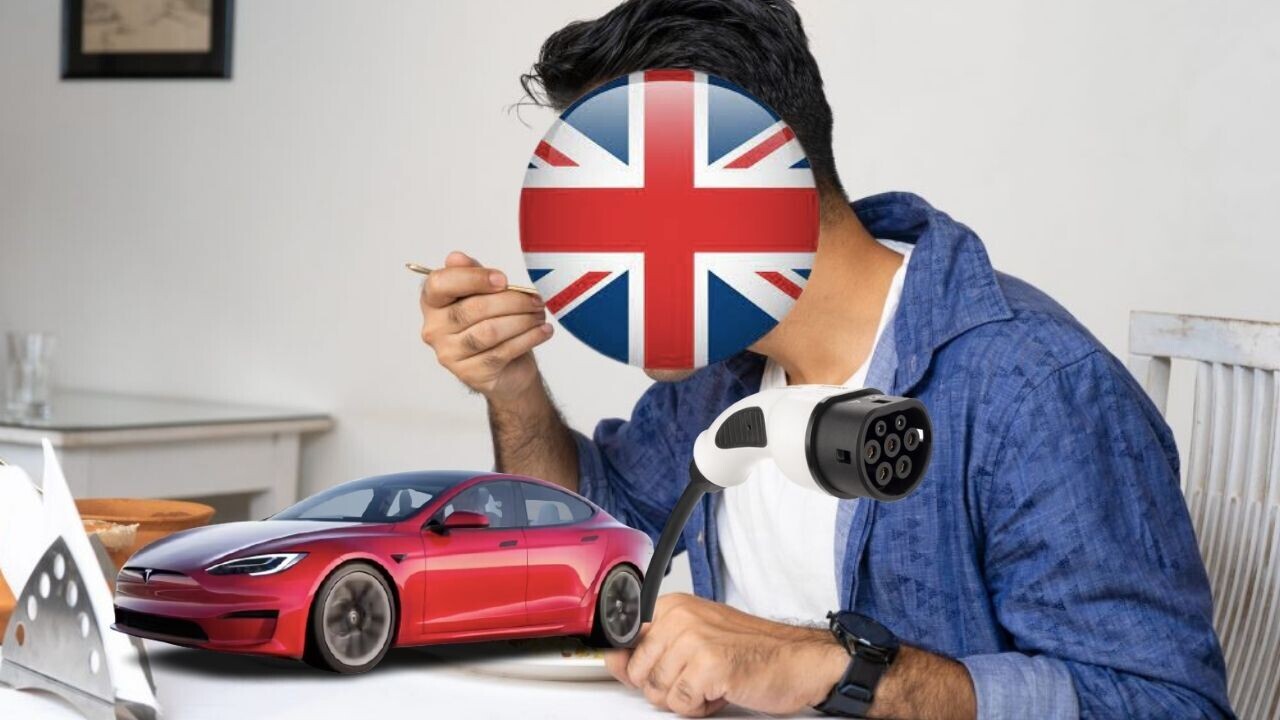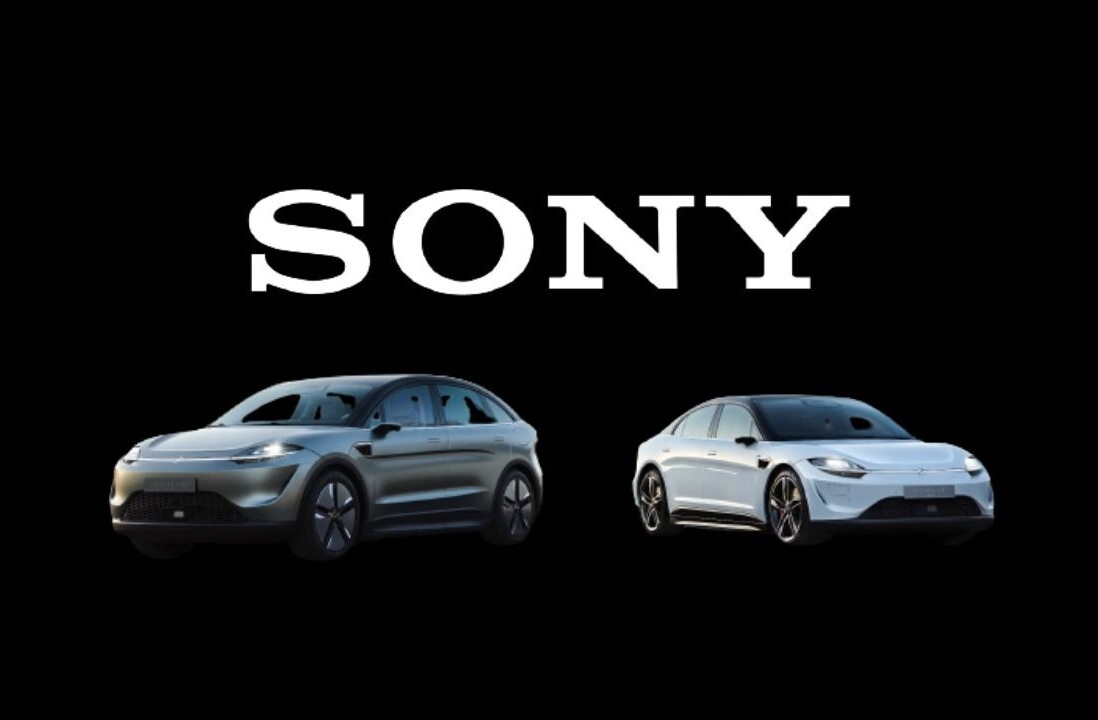
The UK car industry might have been hit hard during the pandemic, but fortunately, there’s a bright spark: new EV registrations nearly doubled in 2021, according to the Society of Motor Manufacturers and Traders (SMMT).
This is a rare bit of good news for the auto world.
In its annual sales snapshot, SMMT reported that the ongoing pandemic — in combination with the semiconductor chip shortage — continued to have a negative impact on the UK’s car industry.
Specifically, 2021 new car registrations grew by a minimal 1.0% compared to 2020, as 1.65 million new vehicles entered the UK market.
This number is down a whopping 28.7% from pre-pandemic 2019, representing the industry’s second worst year since 1992 (which had 1.594 million new car registrations).
Hope on the horizon
Despite the doom and gloom, we can at least suckle on a bit of positivity: 2021 was the most successful year in history for electric vehicles!
Some 190,727 new EVs joined Britain’s roads, up 73.6% compared to 2020. This means that the EV market share has nearly doubled year-over-year from 6.6% to 11.6%.
Notably, in December 2021 alone, electric cars made up 26% of sales, representing one out of four new vehicles sold.
2021’s best-selling EVs in the UK
- Tesla Model 3
- Kia Niro
- Volkswagen ID3
- Nissan Leaf
- Audi e-tron
- Hyundai Kona
- Mini Mini
- Renault Zoe
- Vauxhall Corsa
- MG ZS
Will the positive trend continue?
Things seem to be going in the right direction.
Automakers’ investments look like they’re paying off. On top of this, the UK is working towards its net zero plan, this includes the ban of new petrol vehicle sales in 2030 and various charging infrastructure initiatives, such as preset charging times and mandatory chargers in new buildings.
However, the number of public charging stations is still unevenly distributed, the Department for Transport has delayed the installation of chargers in commercial car parks, and the government has cut the EV grant twice the past year.
This is a confusing message. If the UK wants to achieve its net zero ambition, it needs to embrace clarity and go all in on electric vehicles.
Get the TNW newsletter
Get the most important tech news in your inbox each week.





